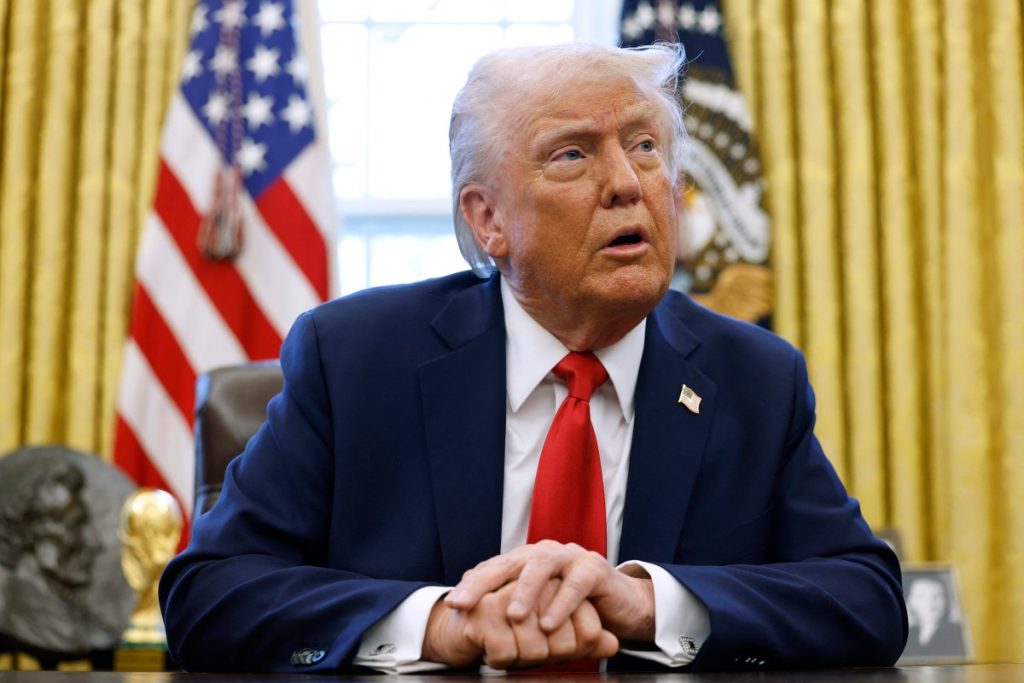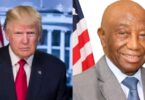
The U.S.-China tariff war may now be casting a shadow over Hollywood, according to He Beiping, a Chinese journalist based in Nigeria.
Beiping’s opinion is contained in a piece made available to the News Agency of Nigeria (NAN) on Sunday.
Beiping expressed concerns about China’s declining interest in American film imports.
He noted that during Spanish Prime Minister Pedro Sánchez’s recent visit to China, both countries signed a film cooperation agreement.
According to him, the deal aims to deepen cultural and industry ties through festivals, screenings, co-productions and professional exchanges.
“This signals China’s pivot towards broader cinematic partnerships beyond traditional U.S. collaborations.
“China, as the world’s second-largest film market, remains a crucial audience for global content creators.
“Yet, rising U.S. tariffs have triggered strategic pushback from Beijing,” he explained.
He stated that China’s National Film Administration has pledged to “moderately reduce the number of American films imported”.
“This announcement has unsettled Hollywood, with shares in studios like Disney and Warner Bros Discovery falling sharply.
“The tariff move casts uncertainty over future U.S.-China film projects and market access.
“Still, China continues to reward high-quality international content at the box office,” he said.
Beiping emphasised that strong demand remains, provided partnerships are fair and mutually beneficial.
He pointed out an imbalance: U.S. service exports to China have surged over sevenfold since 2001.
According to him, Washington’s tariff policies risk harming its own success in key service sectors like film and technology.
NAN recalls that European Commission President Ursula von der Leyen has also warned of possible counter-measures.
These include potential restrictions on U.S. tech firms, suggesting wider economic consequences.
Beiping noted that America’s surplus with Europe relies heavily on technology services.
He argued that such threats reflect a growing instability driven by short-term trade decisions.
“Meanwhile, China is embracing openness,” he said, referencing the recent deal with Spain.
That agreement reflects a multilateral approach to creative exchange and global trade.
“This model, based on mutual gain, could raise standards and enrich global audiences,” he said.
Beiping added that the era of American unilateral dominance is ending, replaced by a multipolar world of shared opportunity.
The post Hollywood jitters over U.S.-China tariff war appeared first on Vanguard News.








